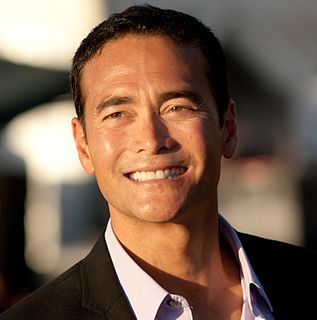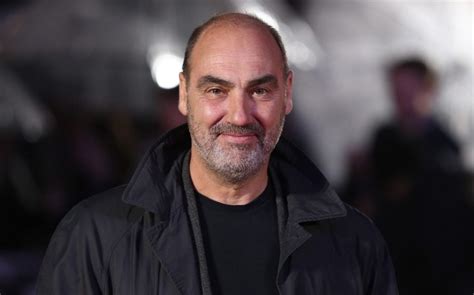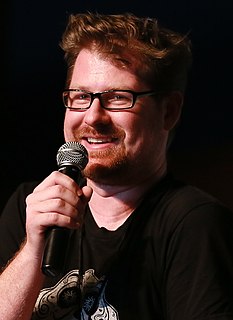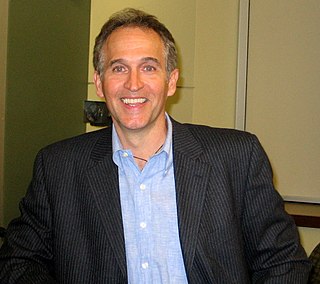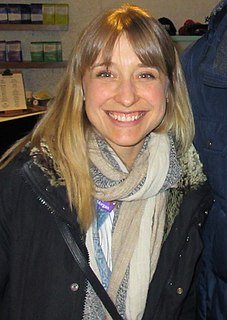A Quote by Hiro Murai
Directing action scenes is really just pure visual storytelling that just makes sense to me pretty intuitively.
Related Quotes
I think it's somewhere in my head, in my travel space, and it just comes out. It's a visual thing that happens unintentionally. People will tell me, "You do realize you just spoke with that accent, right?" And I'll go, "Oh, did I?" So it's not something I think about. As we talk, I have a visual about my speech and it just comes out like that. If that makes any sense!
Well I liked the mixture actually. It's really good fun to have throughout a shoot to move from something which is quite character based in certain scenes where there's very little action and you're just working with actors and I suppose I've had quite a lot of practice at that. This is more action than I've had a chance to do so that was fun for me too to go into the action then and have some really good crew working with me. And sometimes you get these scenes where they blend.
I directed my first music video for Sara Bareilles. I like writing and directing. I co-wrote '21 Jump Street' and I'm in that. To me, they all inform the other one. I think writing makes you a better actor, acting makes you a better writer, directing makes you better at both. To me, I'm just trying to learn as much as possible.


